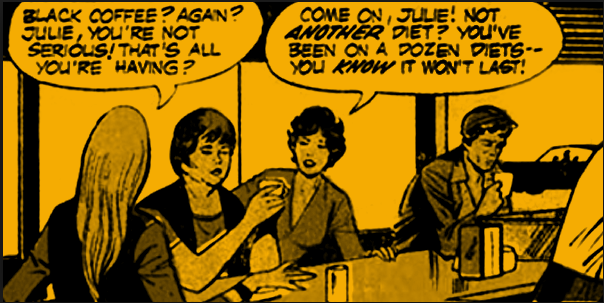Even if you have never heard of head hunger, anyone who struggles with his or her weight and weight loss will probably have a pretty good idea what this term actually means. While it may sound simple to overcome for some, the daily struggle with head hunger and other bad eating habits is a very real and difficult problem.
Someone once wrote on their blog that head hunger and comfort eating are best friends, two peas in a pod, so to speak. In many ways, they are more similar to identical twins, with some very minute differences. Friends or twins, neither are very nice.
Let’s look deeper into these terms for clarification and understanding on why they can be so problematic, whether you have undergone Bariatric surgery or not.

Head Hunger
Head hunger refers to that urge to eat when you are not hungry. This can be explained as eating when you are bored, depressed, stressed out, lonely, anxious or other psychologically triggered moods.
Some believe that head hunger can also be triggered by environmental triggers, such as munching on finger foods at a party or eating peanuts or potato chips while sitting in a busy bar. Other triggers include certain people such as a relative who makes you feel subconscious, or a restaurant, where you eat simply because everyone else is eating.
Comfort Eating
Also known as emotional eating, comfort eating occurs when people eat to satisfy a mood rather than a physical need. Eating to fill an emptiness is sometimes jokingly referred to as ‘eating your feelings’ but the problem is real for a lot of people. Comfort eating and head hunger are very similar habits that must be broken.
Comfort Foods and Poor Nutrition
Everyone has their favorite comfort foods. Some of the more popular choices include pizza, chocolate and ice cream, commonly eaten because of the same or similar psychological triggers as mentioned for head hunger.
People do not only reach for comfort food during times of sadness; there are many who participate in comfort eating when they are happy or nervous too. Comfort eating and head hunger are among the reasons that many are now obese, and why some are prime candidates for Bariatric surgery.
Binge Eating
Binge eating is very dangerous for your health, especially if you are a diabetic. Binge eating can easily be described as eating something to excess, such as a whole box of snack cakes or an entire box of ice cream, for example. Someone who has the bad habit of binge eating may or may not watch what they eat some of the time, before binging uncontrollably on a large amount of food.
Night Time Eating
While it is not healthy to eat at night, supper is only the beginning for night time eaters. Within two hours of having their evening meal, they are back in the kitchen, scrounging for something else to eat. This munching, sometimes called grazing, will continue over the course of several hours.
Typically, foods eaten at this late hour are those considered to be unhealthy, high in saturated fats and calories, and containing excessive amounts of sodium. Leftovers are then enemy to night time eaters, who will return to the kitchen and finish them off.
Physical Hunger
Little explanation is necessary for you to understand the meaning of true physical hunger. Typically, your stomach will churn and growl, reminding you that it is time to refuel your body. You may also experience hunger pangs which can progress into a sharper pang that is slightly painful.
Avoid the Bad Food Habits
While the best thing you can do is struggle to break bad eating habits, there are some other ways to control these negative eating conditions, such as:
- Use self-control at the grocery store by refusing to buy your favorite binge foods, or the foods that give you the most comfort.
- Do something you enjoy whenever you feel emotionally or physically stressed, such as a new hobby or pastime.
- Go for a walk and enjoy the outdoors or take a long comforting bubble bath.
Weight Loss Surgery and Bad Eating Habits
Weight loss surgery is not a quick miracle fix, but rather a tool which can be used to cure bad eating habits and replace them with healthy choices. If you are obese and have experienced weight gain due to any of the above mentioned eating habits, you may be a candidate for Bariatric surgery. Find out now.


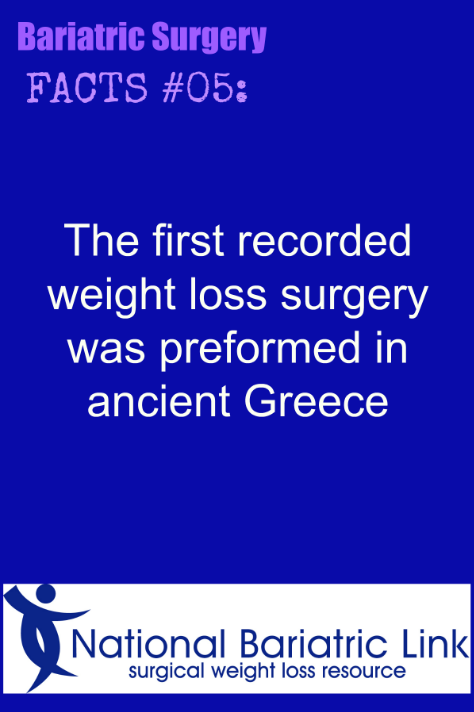
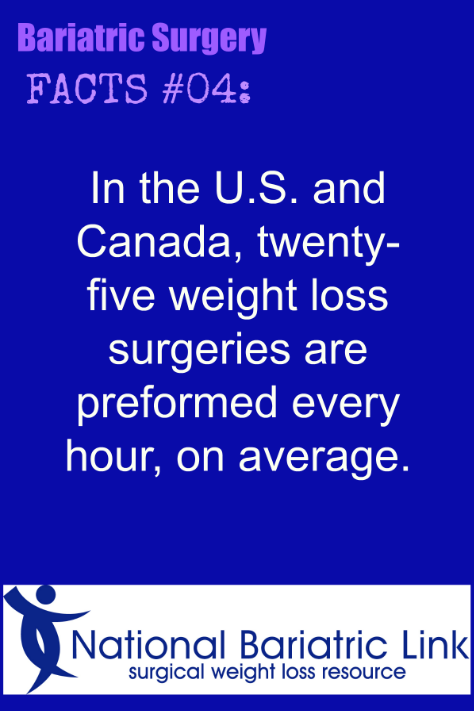
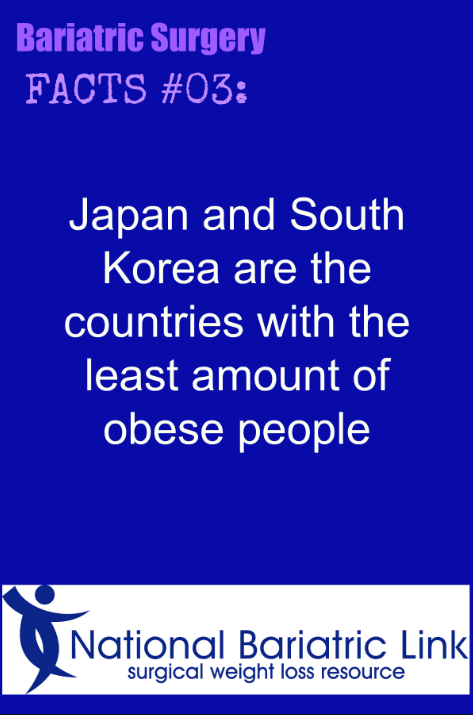
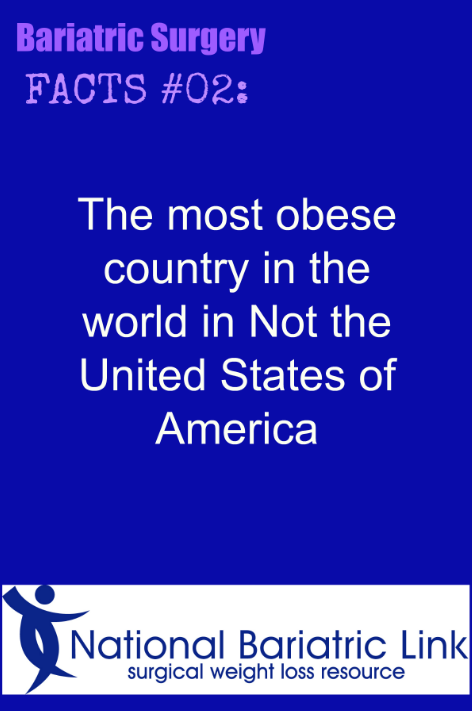
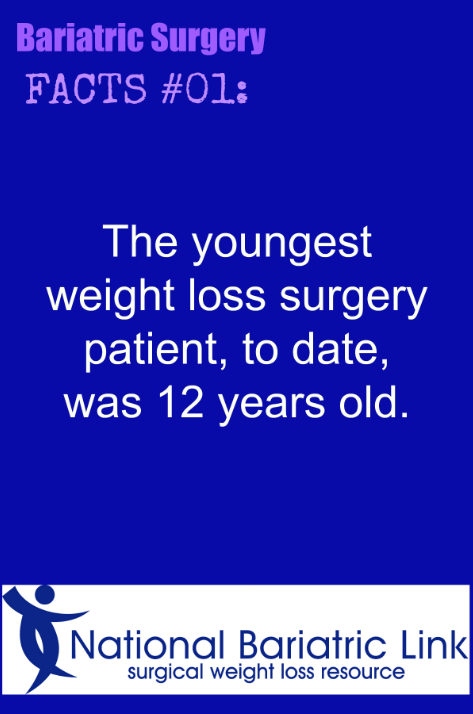

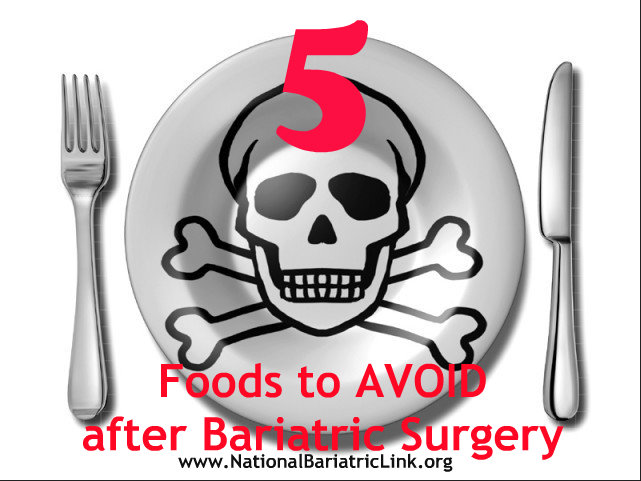

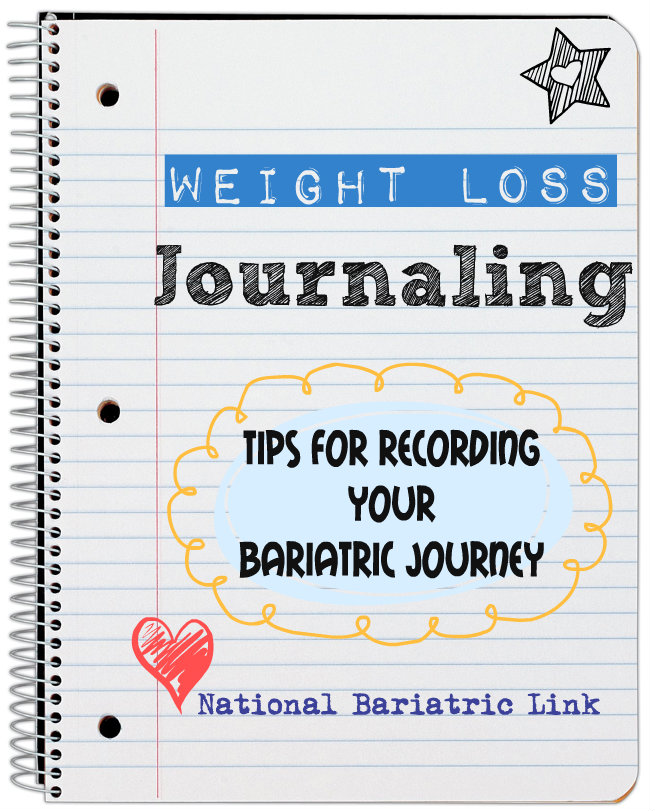 urnal or a blog, don’t shy away from cameras. Snap those before and afters with pride because you are dedicated to your journey.
urnal or a blog, don’t shy away from cameras. Snap those before and afters with pride because you are dedicated to your journey.